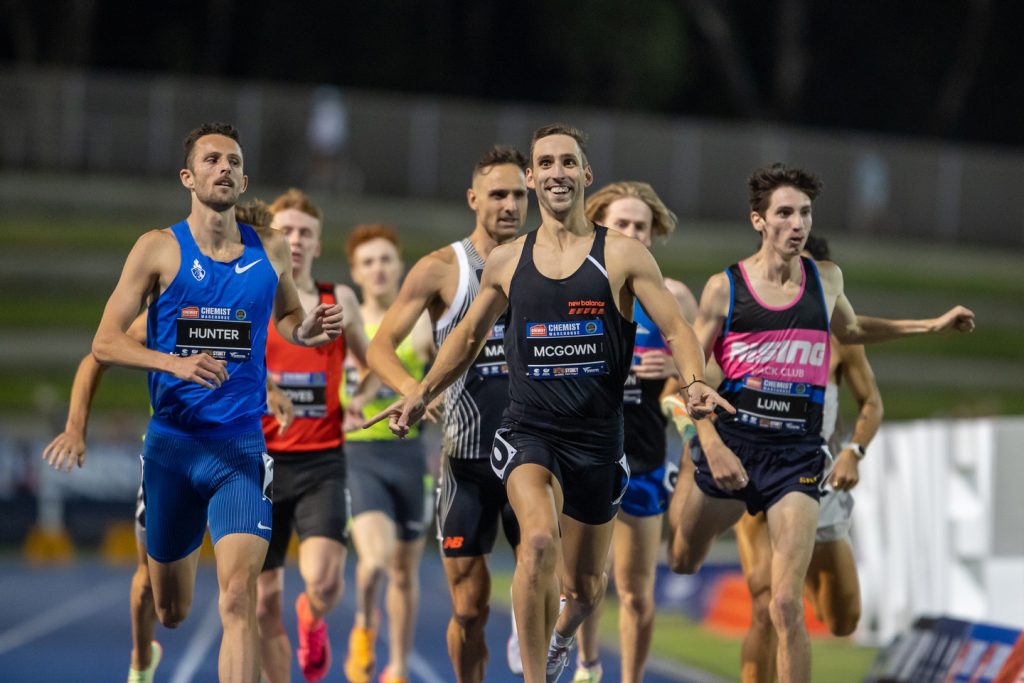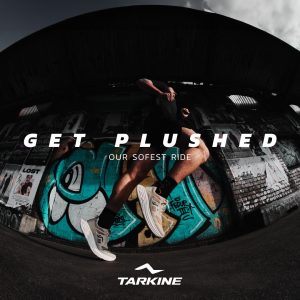In our RT Snap Q&A series, we’ve had the privilege of interviewing some of the world’s best runners, delving into their extraordinary journeys, celebrating their achievements, and exploring the unwavering dedication that defines their careers.
Riley McGown
Born on May 11, 1996, Riley McGown has achieved remarkable success in the 800 meters track events. Some of his notable performances include:
- 1st place at the Sydney Track Classic with a time of 1:46.08.
- 3rd place at the Maurie Plant Meet in Melbourne, Australia, with a time of 1:46.37.
- 3rd place at the ACT U20 & Open Championships at the AIS Athletics Track in Canberra, recording a time of 1:47.19.
- Clocked 1:46.67 at the 34th Meeting Arcobaleno EAP AtleticaEuropa, held at Centro Sportivo G. Olmo-P. Ferro in Celle Ligure in July 2023.
- Achieved a time of 1:46.29 at the Track Night Vienna, held at LAZ Wien in June 2023.
Riley has also been selected as a member of the Australian team for the 2023 World Championships.

RT: Can you share how you got started in middle-distance running and what inspired you to pursue the 800 meters?
Riley: It was 2017 and I’d spent a number of years away from competitive sport after playing soccer throughout high school. I was fortunate to play soccer at a reasonably high level as a teenager and wanted to try to get back to sport at the elite level. I thought I’d missed my opportunity to go back to soccer, being 21 years old at the time. One option was to give local first grade Aussie rules a crack, but it was summer so there was no footy on. I decided to join a running group with the idea of getting some footy pre-season training in. When I started with the group I had full intentions for it to be a short term thing, but I immediately loved it and decided that running would be my pursuit. I naturally fell towards the 800m as I’d competed over the distance through the school sport system – never making a state track team though. Coming from a number of years away from sport, I didn’t quite have the physique of a distance runner, and I never thought I was born quick enough to be a sprinter. Mid-distance seemed the natural choice.
RT: You’ve mentioned the importance of having a good coach. Can you tell us more about your relationship with your coach and how they’ve influenced your career?
Riley: I had the benefit of coming into the sport with a more mature outlook, being 21 when I started. I immediately clicked with Coach Des Proctor and his group here in Canberra. Des’s background is as a high-school teacher, so the soft skills of coaching and communication come very natural to him. Obviously he can coach the physiological side of things – the number of junior and senior national champions from 800m through to 10k speaks to that. What stands out to me and has been incredibly important in my short career is the belief that Des has instilled in me about what I can achieve in this sport. If anyone would have told me that seven years after starting a new sport I’d by flying across the world to represent my country I would have laughed at them. But Des has done a great job at fueling the fire, instilling belief, but also allowing me to appreciate that nothing comes easy. I’m naturally a very determined athlete, so doing the one-percenters comes easy to me. Des and I have a great system of earned-autonomy where he doesn’t need to manage every aspect of my training life – he trusts me to get out the door on the easy days, run how I feel, and keep strong and healthy with strength work and cross training.
 RT: How was your experience representing Australia at the World Athletics Championships in Budapest, and what did you learn from competing at that level?
RT: How was your experience representing Australia at the World Athletics Championships in Budapest, and what did you learn from competing at that level?
Riley: For someone that hasn’t come through the junior high performance pathway, representing my country was a dream come true. Whether or not I get that opportunity again, I will always remember how fortunate I am to have worn the green & gold. The World Championships were off the back of my first ever European campaign, so everything was so new to me. Everything from my time in Leuven in the lead up to selection, team camp in Montpellier and the Championship itself in Budapest was absolutely unreal. It was such a privilege to be able to spend time overseas, surround myself with world-class athletes and live like a professional athlete. I work full-time here in Canberra, so being able to take time off and dial in before World Champs was incredibly beneficial. I learnt what it takes to be successful on the world stage, and how much work I’ve still got to do.
RT: What advice would you give to young athletes who aspire to compete at the highest levels in middle-distance running?
Riley: Stick with it, take your time, trust the process and good things will start to happen. Staying healthy is far more important than nailing every single workout. Don’t expect things to happen overnight. Find fun as much as you can. And don’t compare your workouts and mileage to people on Strava – you never know what they’re dealing with or how busted up they are just to have something cool to post online.
View this post on Instagram
RT: What does a typical training week look like for you, and how do you balance speed work with endurance training?
Riley: I’d say my training is fairly standard, no real surprises here. A typical week over the spring would include workouts on Tue/Thurs/Sat (track intervals/threshold/VO2 max), a short-speed session and a longer run. Easy runs, cross training and gym work complement the big days. My body has never agreed with high mileage or running every day, so I certainly have off-legs days and try to have one full day completely off. I find the balance between speed and endurance easy – when Speed Monday’s get serious I shorten my Sunday long run, drop my mileage a touch and just focus on staying healthy. I really try and get the most out of the gym work to develop strength and power. I’m not the type of runner that is satisfied doing band work, glute activations and core in the gym. I’m much more at home jumping, bouncing and moving weight around – probably closer to what you’d see in a sprinter rather than a distance runner in the gym.





